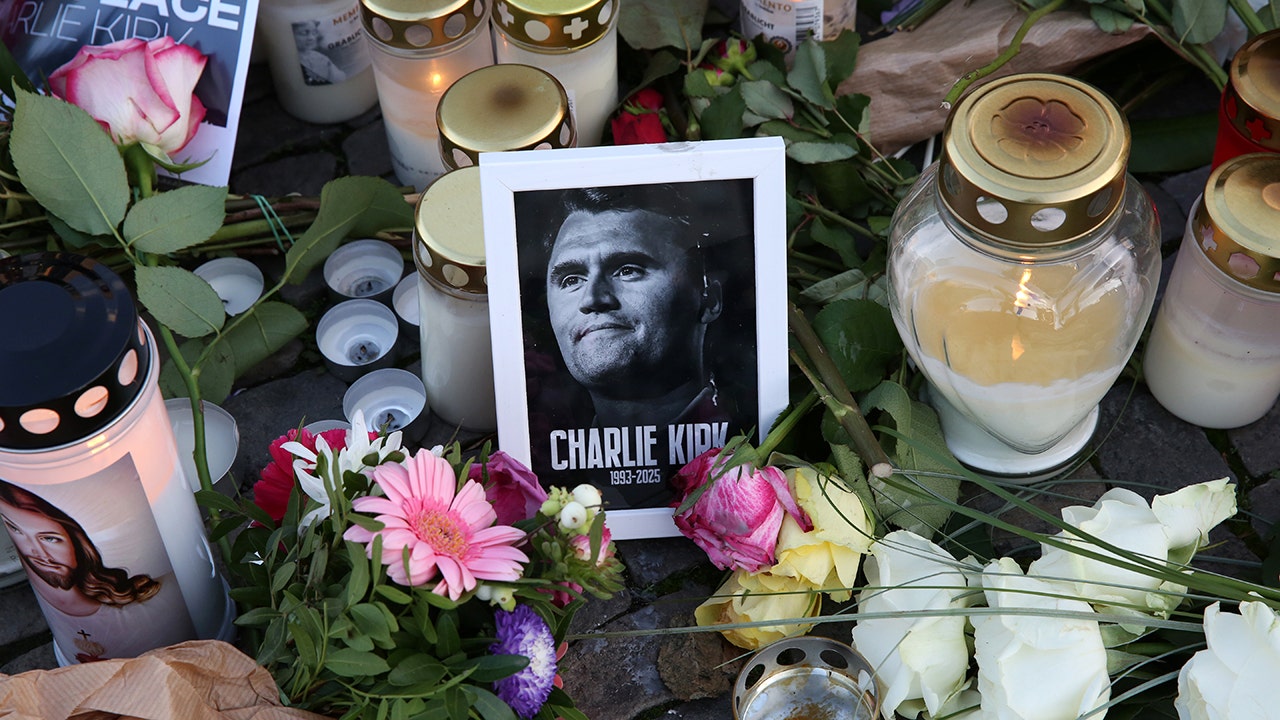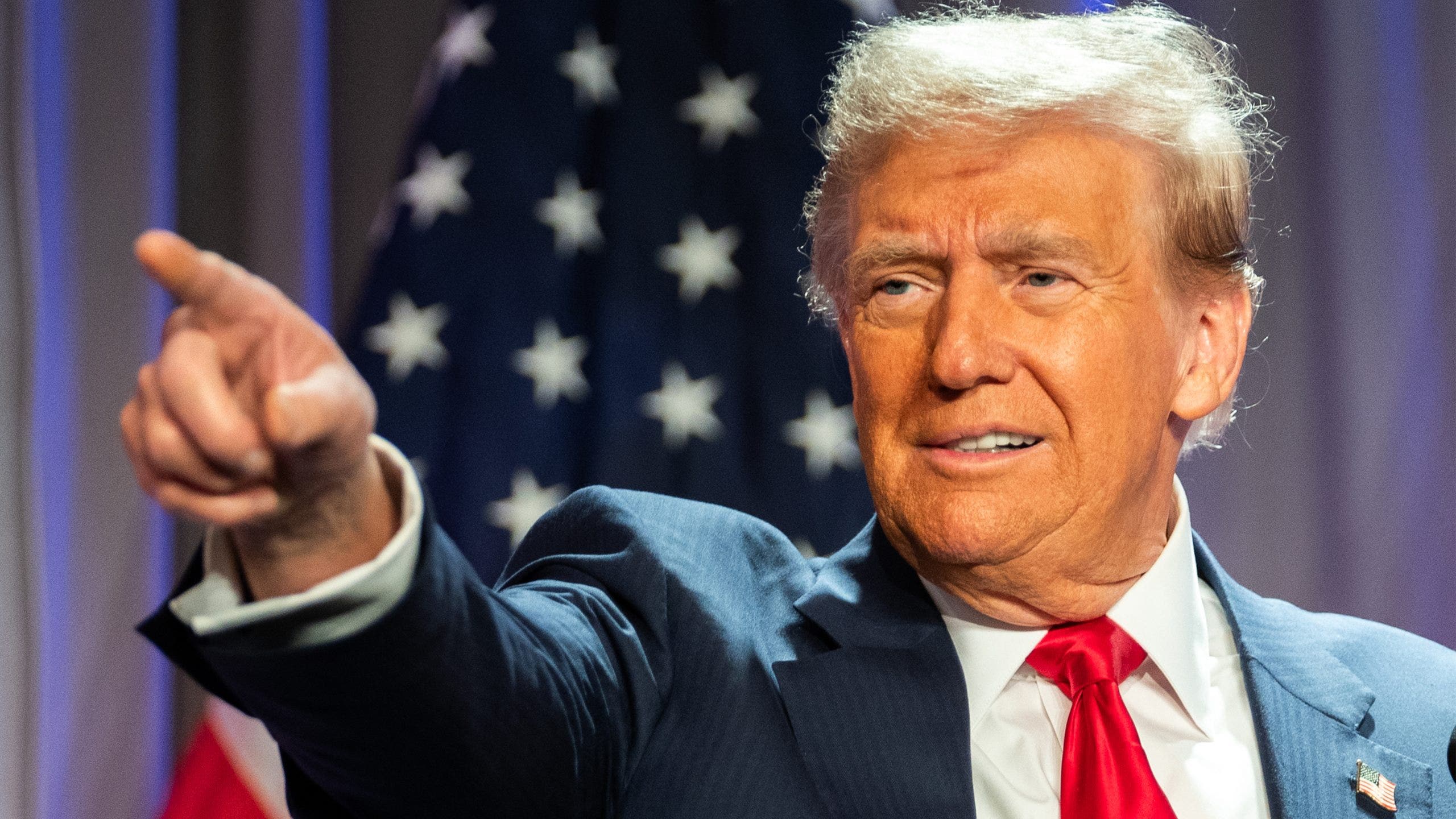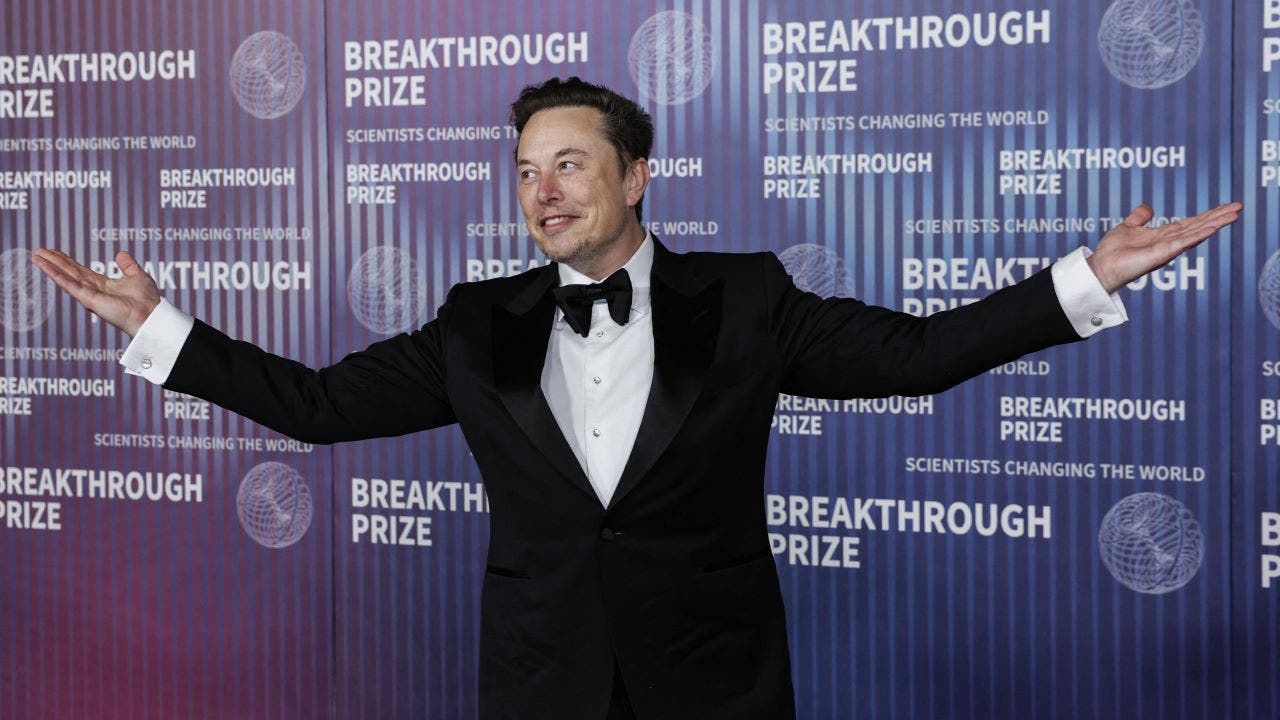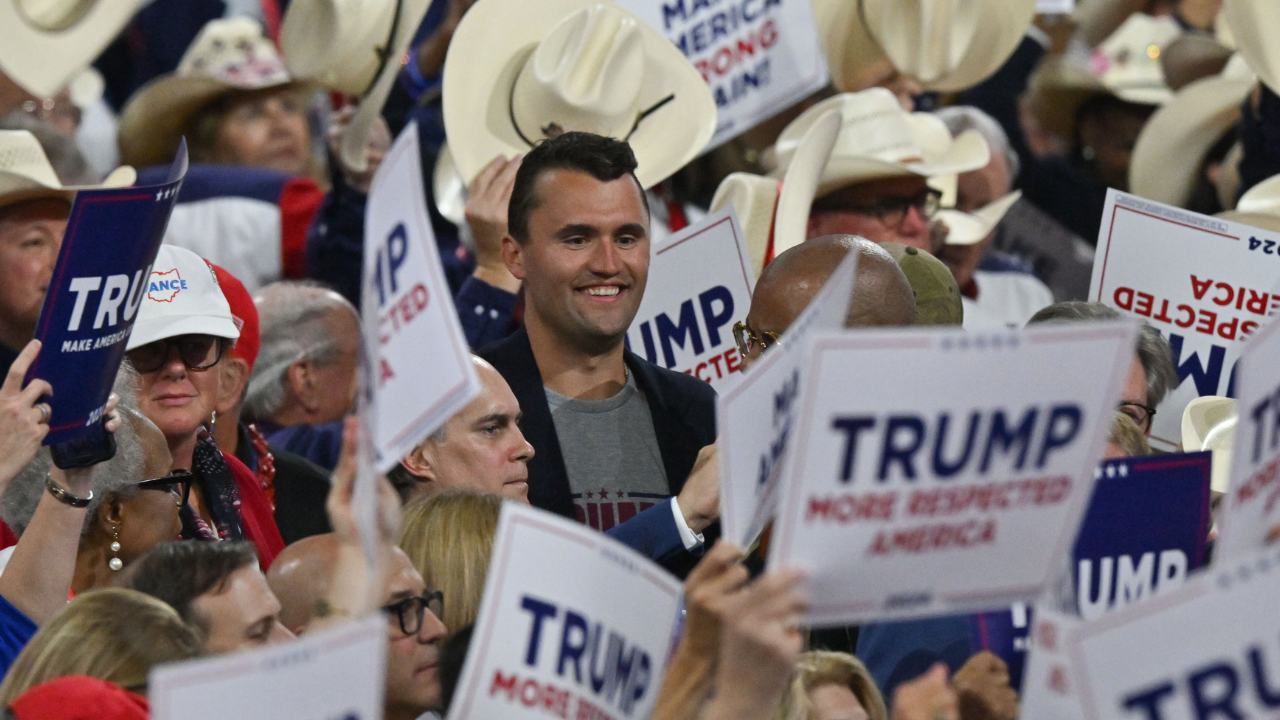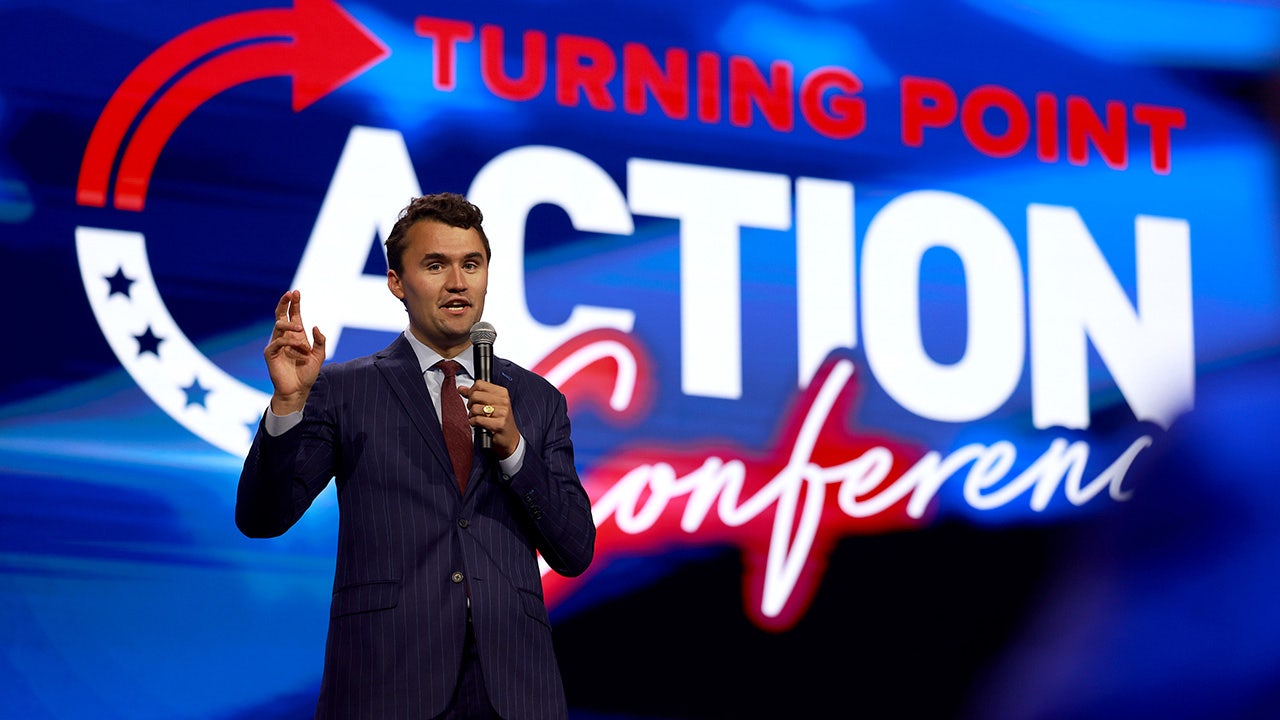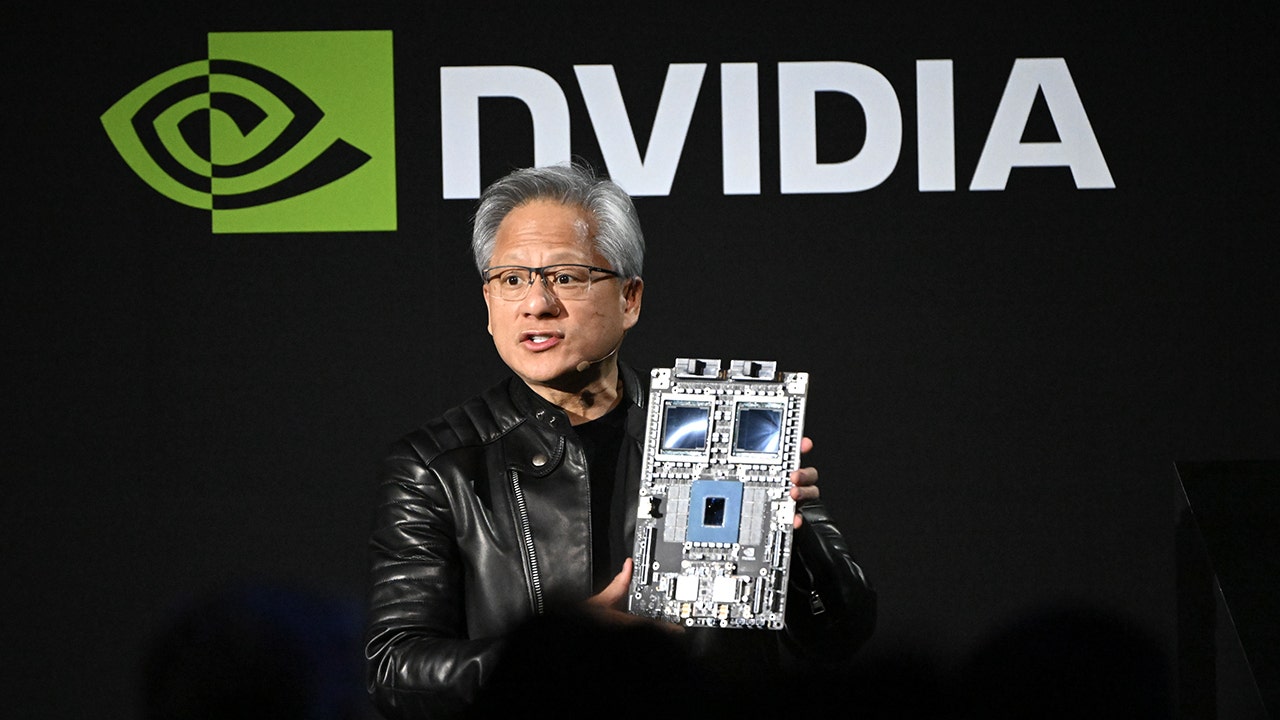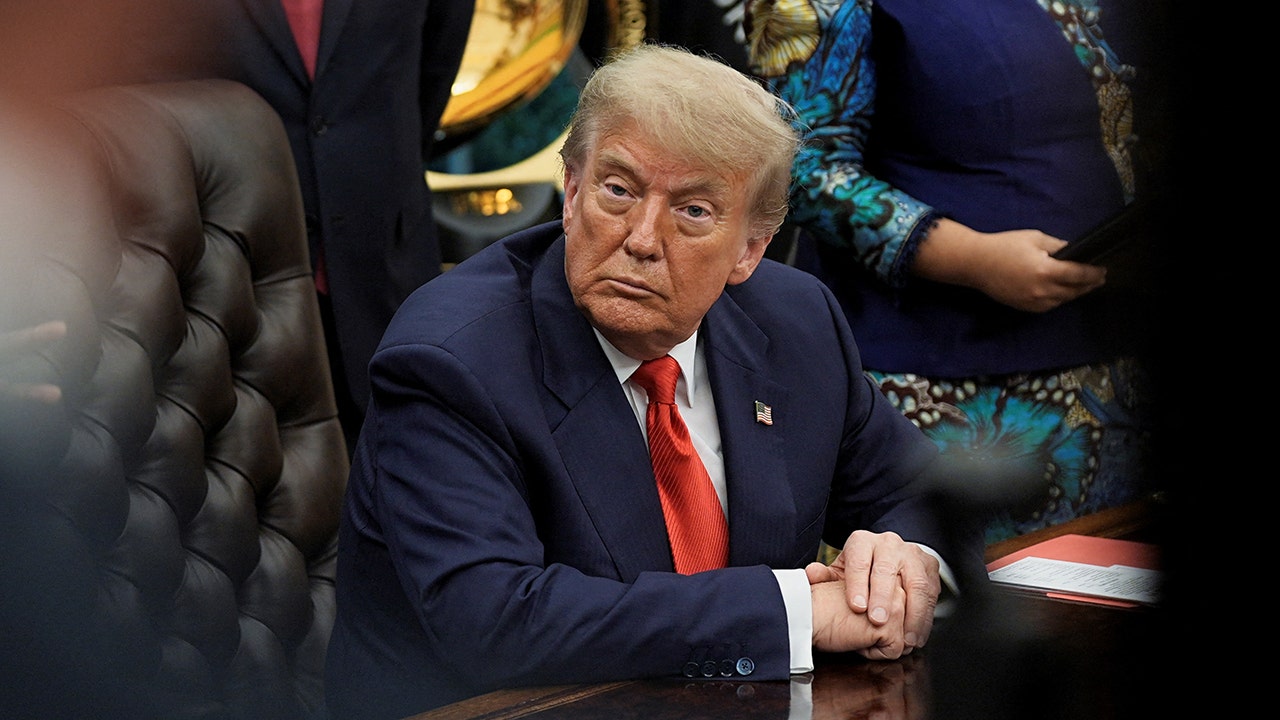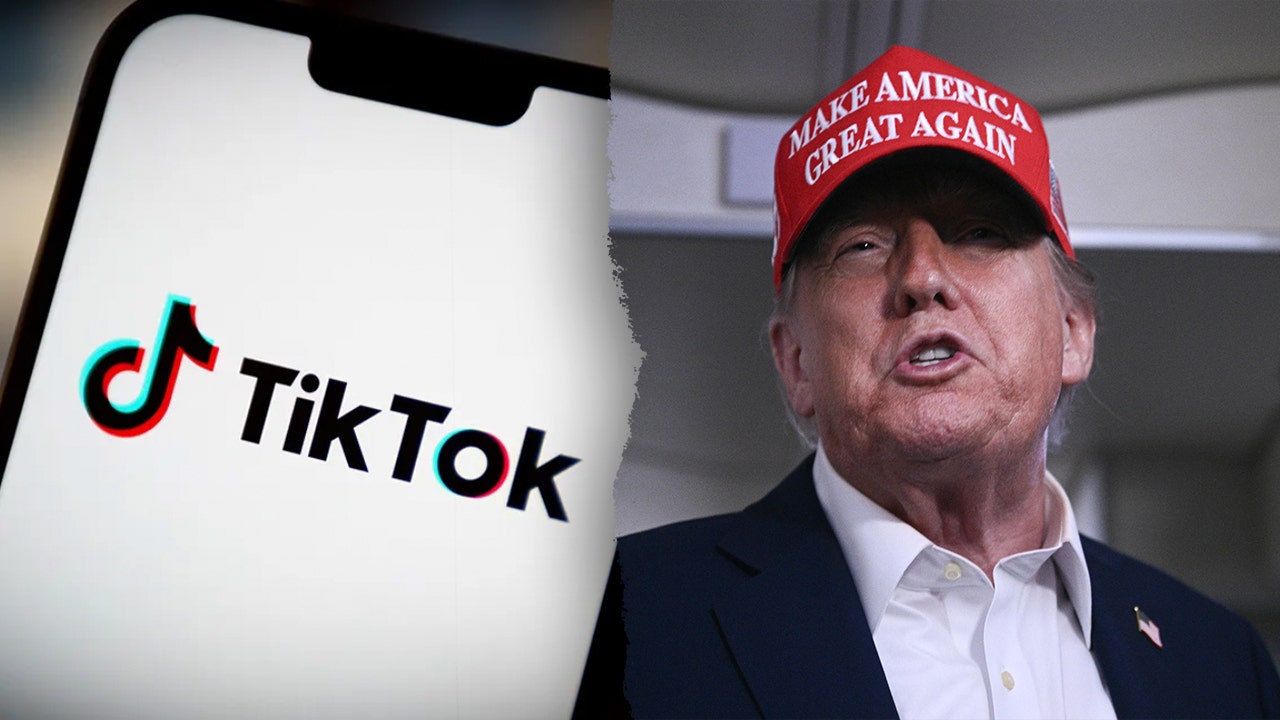President Donald Trump on Monday championed his latest trade deal with the European Union as a “very big trade deal,” but his enthusiasm for the agreement does not appear to be shared by European leaders, with some describing the agreement as a “submission.”
Trade between the U.S. and Europe accounts for nearly a third of all trade globally, but uncertainty remains over how the agreement announced on Sunday – which will see a 15% tariff on nearly all EU goods sold in the U.S. – will impact not only EU businesses but American consumers.
“We just signed a very big trade deal, the biggest of them all,” Trump said while sitting alongside British Prime Minister Keir Starmer in Scotland on Monday.
CHINA, INDIA FUEL RUSSIA WAR MACHINE BY IGNORING INTERNATIONAL SANCTIONS: REPORT
The U.K., which is no longer a part of the EU, is expected to iron out its own trade arrangements with Trump on Monday after securing a broad agreement last month.
However, despite Trump’s approval of the EU deal, which has been hailed by some as a win for the U.S. president, it has been decried by some European leaders.
“It is a dark day when an alliance of free peoples, brought together to affirm their common values and to defend their common interests, resigns itself to submission,” French Prime Minister Francois Bayrou wrote on X.
French President Emmanuel Macron, who represents the second-largest economy in the EU, has not yet commented publicly.
The general tone around the deal was subdued on Monday, with several leading officials describing it as the lesser of the bad options the EU was staring down.
“This is clearly the best deal we could get under very difficult circumstances,” EU Trade Commissioner Maros Sefcovic said, according to Reuters.
Sefcovic, who is the top trade representative for the European Commission, pointed out that the 30% tariff originally threatened by Trump would have proven “much, much worse” for the bloc.
Other EU leaders pointed out that the deal at least established some form of clarity when dealing with the 27-member nation’s number one trading partner.
“We’re not exactly celebrating this – it’s not a case that this is a good thing, but it’s probably the least bad option based on what we were facing a couple of days ago, the prospect of a 30% tariff,” Irish Minister of State Neale Richmond said in a Monday morning interview with the BBC. “This isn’t like any trade deal I have ever experienced before, in my 15 odd years of working on EU trade deals. It is what it is and we move on.

TREASURY SECRETARY BESSENT DETAILS TRUMP ADMINISTRATION’S PLAN TO TACKLE CHINA’S ECONOMIC IMBALANCES
“We don’t want a tariff war, tariffs are a bad thing. We want stability for businesses, and we have that today,” he added.
Swedish Trade Minister Benjamin Dousa described the deal as “the least bad alternative,” while Spain showed little more zeal, with Prime Minister Pedro Sanchez saying he backed the deal, but “without any enthusiasm.”
While German Chancellor Friedrich Merz, leader of the EU’s biggest economy, took a slightly more pragmatic approach and said, “This agreement has succeeded in averting a trade conflict that would have hit the export-orientated German economy hard.”
While American consumers are expected to largely front the bill of the increased costs, American markets could benefit from the deal, particularly carmakers, as the EU agreed to drop its tariffs on U.S.-made vehicles from 10% to 2.5%, while a 15% tariff will be implemented on all imported EU cars.
The EU also agreed to invest in U.S. energy in a move to further move away from Russian oil amid the war in Ukraine – a step the bloc has already largely taken as it imported just 1% of its oil needs from Russia in the first quarter of 2025, down from 30% in 2021 prior to the invasion.
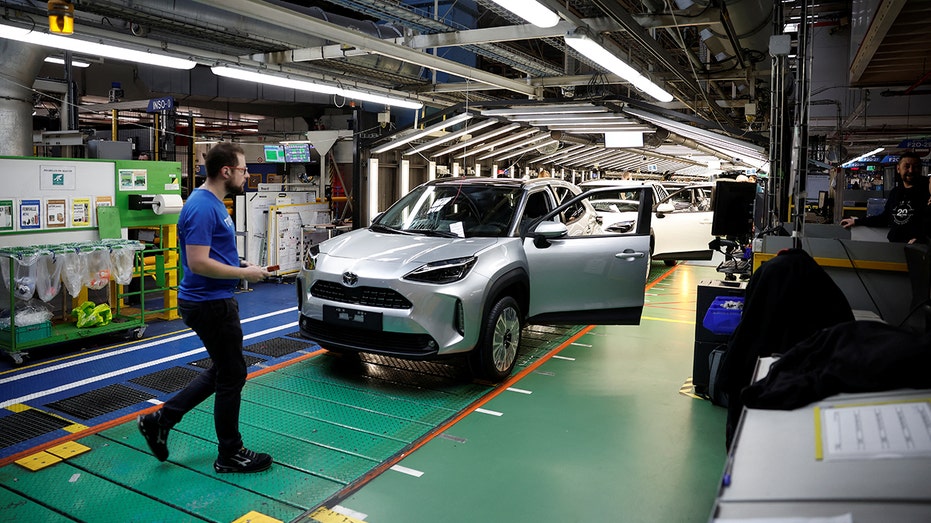
“We will replace Russian gas and oil with significant purchases of U.S. LNG [liquified natural gas], oil and nuclear fuels,” EU Chief Ursula von der Leyen said on Sunday.
According to Trump, the EU will purchase $750 billion worth of U.S. energy and will increase its investment in the U.S. by $600 billion.

